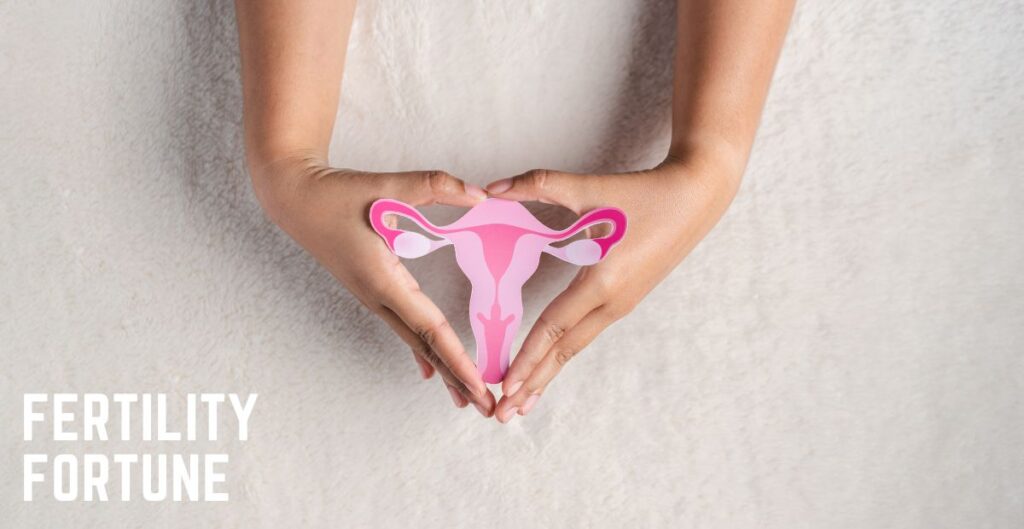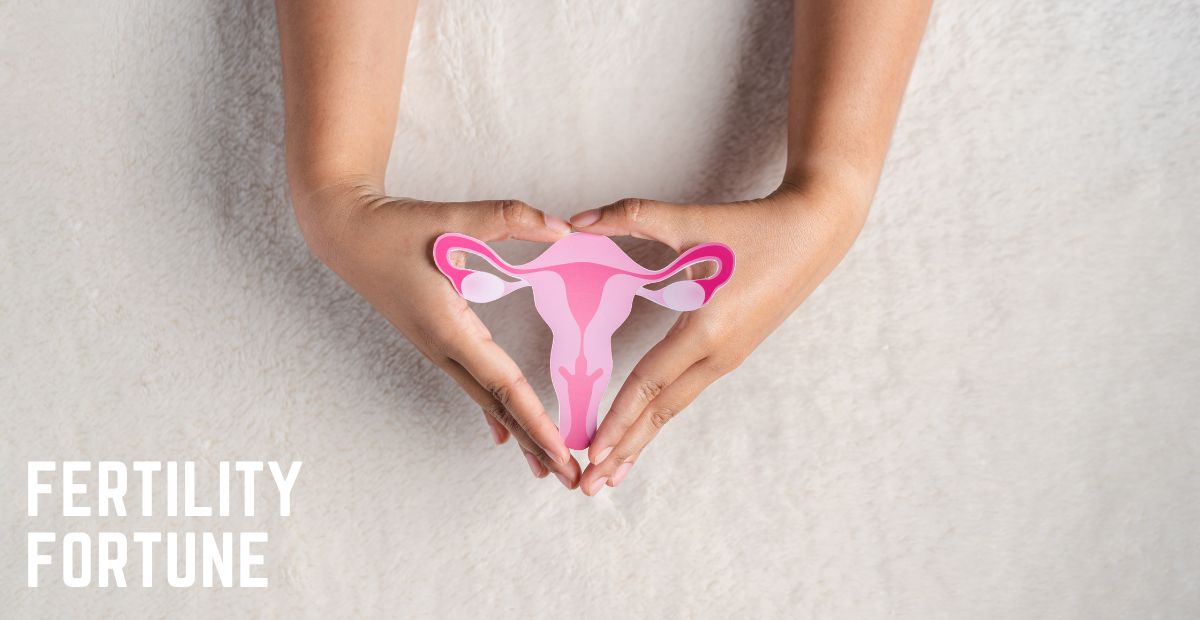
Can polyps in uterus cause pain? Uterine polyps are growths of the uterine lining that can cause pain and discomfort when present. Women of all ages can experience painful symptoms related to irregular periods, and one of the possible culprits for this discomfort could be polyps in the uterus. But what are uterine polyps, why might they form, and how do they contribute to potentially painful health issues? We’ll also explore the ways to prevent them from forming in the first place. Have you experienced any of these symptoms recently? Stick around to learn more about this common issue!
What are uterine polyps?
Uterine polyps are small, grape-like growths that form on the inner lining of the uterus. In most cases, uterine polyps are benign in nature, but they can be cancerous sometimes. Polyps can cause bleeding and pain during menstruation and can also make it difficult to get pregnant.
What causes uterine polyps?
There are many different potential causes of uterine polyps.
Hormonal imbalance
Higher levels of estrogen can stimulate the growth of these types of polyps.
Endometriosis.
Chronic inflammation of the lining of the uterus is known as endometriosis. This inflammation can result in for formation of scar tissue, which can, in turn, lead to the formation of uterine polyps.
Medications or treatments
Tamoxifen (a breast cancer medication) and radiation therapy.
Obesity
Overweight females appear to have a greater risk of developing polyps.
Age
Age is another risk factor that might contribute to the formation of uterine polyps. These polyps are uncommon among women younger than 20 years. The incidence is highest between 40-49.
What are the symptoms of polyps in the uterus?
There are several symptoms that may be associated with uterine polyps.
These can include
Bleeding: heavy or prolonged bleeding during menstruation, bleeding between periods and Bleeding after menopause.
Pain: Polyps can also cause pain during sex and pelvic pain or pressure.
Infertility: If a polyp becomes large enough, it Vatican interfere with the ability to get pregnant or cause fertility problems. In some cases, uterine polyps can be cancerous.
How are uterine polyps detected?
Uterine polyps are most often diagnosed during a routine pelvic examination. A pelvic exam is often the first step in diagnosing uterine polyps. Your doctor will feel for any unusual bumps or growths on your uterus. If you have uterine polyps, your doctor may also recommend a pelvic ultrasound to get a better look at them. This imaging test uses sound waves to generate pictures of your uterus. If a polyp is present, it will appear as a small mass on the ultrasound image. You may also require a biopsy, which is when small pieces of tissue are removed from your uterus and examined under a microscope. In some cases, a biopsy may be important to confirm the diagnosis of a uterine polyp. In a biopsy, your doctor will remove a small piece of tissue from the affected area and send it to a laboratory for analysis. A pathologist will investigate the tissue under a microscope to look for any abnormal cells.
Transvaginal ultrasound
Transvaginal ultrasound is an internal examination of the uterus. The difference between the regular abdominal ultrasound and transvaginal ultrasound is in this examination, and the ultrasound probe is inserted within the vaginal canal.
Hysteroscopy
In hysteroscopy, a hysteroscope which is a lightened tube, is used. Hysteroscope is inserted in your vagina to examine the inside of your uterus and your cervix.
Hysterosonography
Hysterosonography or sonohysterography, also known as a saline-infusion sonogram, is another option available to look inside the uterus.
Biopsy
A biopsy is done by removing a small part of the polyp and examining it under the microscope to rule out if they are benign or malignant.
Can polyps in uterus cause pain?
When it comes to uterine polyps, the most common question is, can polyps in the uterus cause pain? The exact answer to this question can vary depending on the individual case. Whether or not they are painful depends on their size and location. Smaller polyps may not cause any symptoms, while larger ones can cause bleeding, irregular periods and pain or cramping during menstruation or intercourse. If you are experiencing pain related to uterine polyps, it is important to speak with your doctor so that they can determine the best course of treatment.
Uterine polyps treatment?
Treatment depends on the symptoms and severity of the condition and other factors that put you at risk of developing uterine cancer.
Wait and watch:
If the polyp is not causing any symptoms and you are still in your reproductive age, your doctor might recommend monitoring it rather than treating it.
Medications:
Certain medicines like progestins and gonadotropin-releasing hormone agonists may be used to shrink your polyp, which can lead to temporary ease in symptoms. But using such medications is a short-term relief. The polyps may come back as you stop taking medications.
Surgery:
Uterine polyps are removed with the help of a hysteroscopy. With the help of a hysteroscope, polyps are accurately visualized and removed.
If a polyp is cancerous, you may require a hysterectomy. This involves removing your uterus.
How to prevent polyps in the uterus?
There are plenty of things that you can do to help prevent polyps from forming in your uterus.
- Maintain a healthy weight. Obesity is a risk factor for uterine polyps.
- Eat a healthy diet. A diet which is high in fresh fruits and vegetables may help protect against polyps.
- Exercise regularly. Physical activity can decrease your risk of developing obesity.
- Insulin resistance is one of the other factors that may lead to polyps.
- Avoid smoking. Smoking is associated with an increased risk of developing uterine polyps. If you are a smoker, then it’s best to stop smoking to reduce the risk of a polyp.
Can polyps in the uterus burst?
Polyps are growths that form on the lining of the uterus (the endometrium). They are usually benign (non-cancerous) but can sometimes be cancerous. Polyps can vary in size, from very small (less than 1 centimetre) to large (several centimetres). Polyps can cause bleeding between periods or after sex. They may also make it difficult to get pregnant. If a polyp is large, it can block the opening of the uterus, making it difficult for a fertilized egg to implant. Polyps rarely burst, but it is possible for them to bleed heavily and cause pain if they do. If you have any concerns about your polyps, please speak with your doctor.
Can polyps in the uterus cause miscarriage?
Miscarriages are one of the most common complications of pregnancy, and while there are many potential causes, researchers believe that uterine polyps may be a significant contributing factor. Uterine polyps are benign growths that form on the lining of the uterus, and while they are typically harmless, they can cause problems during pregnancy. When a pregnant woman has a uterine polyp, she is at an increased risk of miscarrying. In fact, studies have shown that women with uterine polyps are more than twice as likely to miscarry as women without them. While the exact mechanism is not known, it is believed that the polyps can interfere with implantation or cause other problems with the pregnancy. If you are pregnant woman and have been diagnosed with uterine polyps, you should discuss your treatment options with your doctor.
YOU MAY ALSO LIKE:
Can fibroids cause excessive hair growth?
Can you get pregnant with a prolapsed uterus?
How to strengthen uterus for pregnancy?
Why amniocentesis is important?

